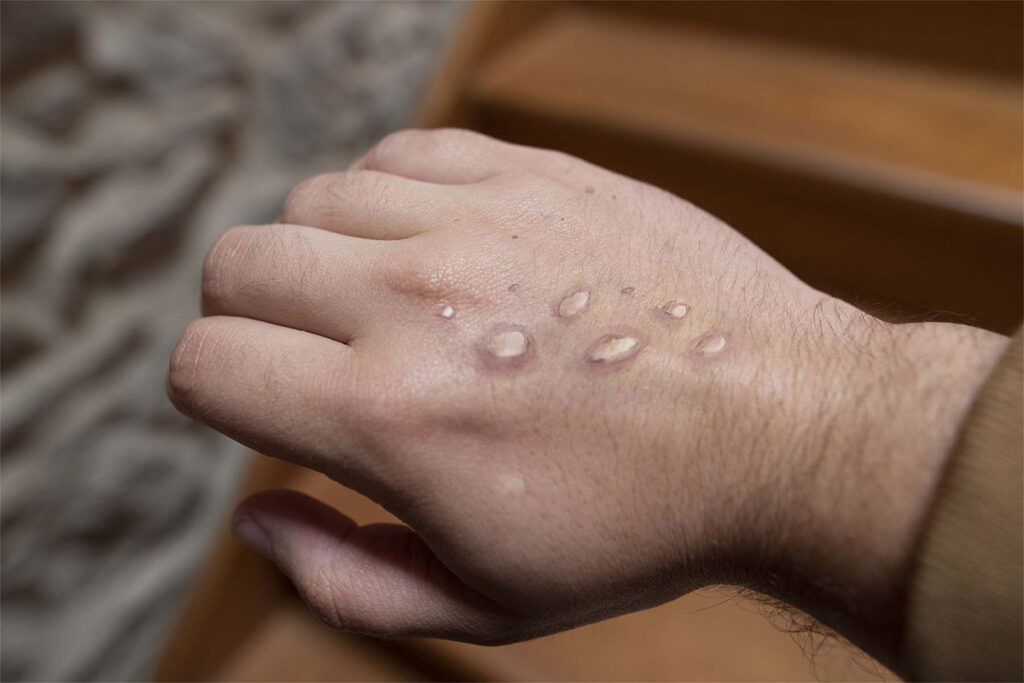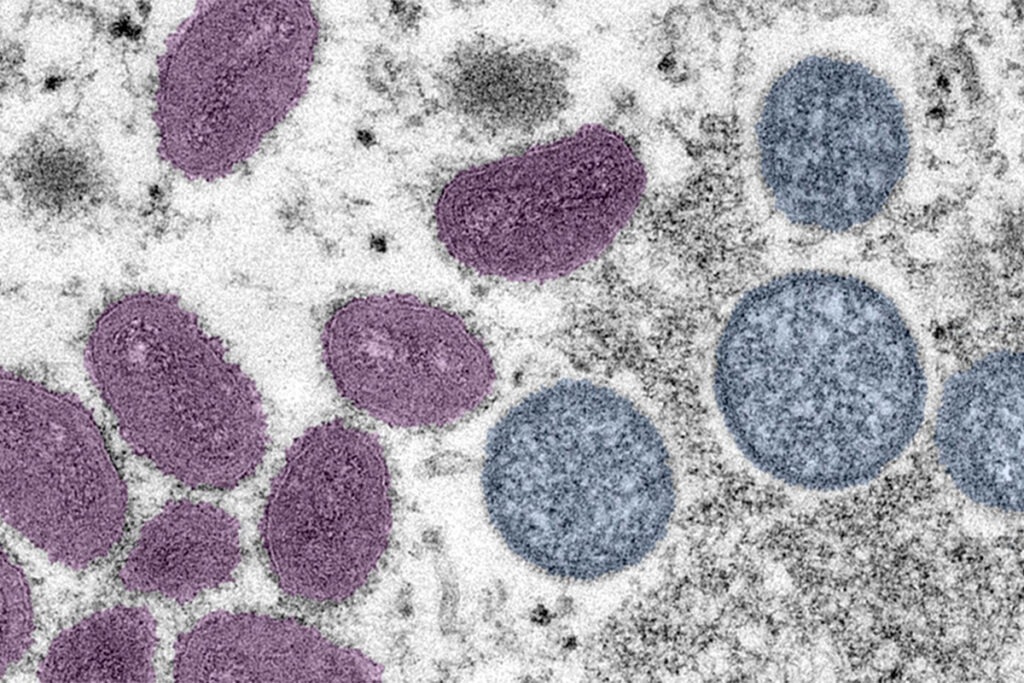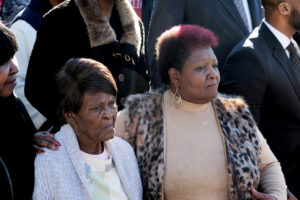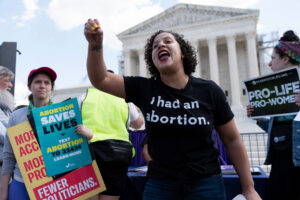The Mississippi State Department of Health confirmed the state’s first case of monkeypox today following a worldwide viral outbreak that began in May. The U.S. has reported 2,891 cases so far with no deaths.
On Saturday, July 23, the World Health Organization declared monkeypox a “public health emergency of international concern”—its highest level of alert. The WHO has reported more than 16,000 monkeypox cases in 75 countries and five deaths worldwide.
Health officials said in a statement this afternoon that a Mississippi resident’s specimen was tested at the state lab and that “an investigation to identify persons who may have encountered the patient while they were infectious is ongoing.” They did not disclose which part of the state the patient lives in.
“Symptoms may start out as a fever, swollen lymph nodes, headache, and muscles aches, followed by a rash that starts out as flat and then advances to pimples, or blisters and ulcers on the face, body and private parts (sexual organs),” MSDH says. “This rash can be itchy and painful. It can be confused with sexually transmitted diseases such as syphilis and herpes or with chickenpox.”
MSDH says monkeypox has an incubation period of one to two weeks after exposure and that the illness “typically lasts two to four weeks.”
“Transmission can occur with close skin-to-skin contact—kissing, cuddling or sex—with an infected person,” the statement says. “Transmission can also occur by touching clothing or linens, bedding, or towels of an infected person, or inhaling the respiratory droplets during prolonged closed contact with an infected person.”
MSDH says it “has received limited does of vaccine that will be used to treat those individuals identified by MSDH as exposed to a case of monkeypox,” but they are not currently broadly available. Supply of the monkeypox vaccine is short nationwide.
Public health officials are urging medical providers to notify MSDH “when evaluating patients with a rash, especially if there are known risk factors.”
According to the CDC, “Monkeypox virus is part of the same family of viruses as variola virus, the virus that causes smallpox.” scientists first discovered the virus among monkeys in 1958 and identified the first human case in 1970.
‘We’re In A Different Place With This Emergency’
“While anyone can get monkeypox, many of the cases identified in the outbreak in the U.S. and globally have been among men who have sex with men,” said State Epidemiologist Dr. Paul Byers.
Dr. Jennifer Bryan, a physician and member of the Mississippi State Medical Association’s Board of Trustees, spoke to the Mississippi Free Press moments after the state announced the first case of monkeypox.

“We’ve had our first case in Mississippi, and while it’s not a cause for alarm—actually, this was expected—we should be aware of the things that we can do to keep our families safe.”
Bryan clarified that while a majority of transmission continues to occur among men who have sex with men, monkeypox is not an STD and has multiple avenues of possible infection. “The general means of transmission is through close physical contact. Sometimes that’s intimate, and sometimes it’s just direct and prolonged contact with someone who’s expected, such as a household contact,” Bryan said.
And as transmission continues, monkeypox will continue to grow far beyond any one community. “Over time it is expected to spread in the general population,” she said.
Bryan is clear that while monkeypox is a threat, it should not be compared to COVID-19, which was a novel disease with unprecedented spread that first arrived with no effective tools to combat it.
“The good thing about this situation is that although it is spreading, we’re in a different place with this emergency. There are many people who received the smallpox vaccination years ago, and those people are thought to have some level of protection. Over the decades, we’ve seen that immunity wanes, but … some vaccines for smallpox are effective for monkeypox. Some of our public health experts are using them in post-exposure prophylaxis when there’s a known contact.”
“Right now, the current strain of COVID-19 is one of the most infectious agents known to man. That’s not the case where we are with monkeypox. It is a transmissible pathogen, but you need that direct and sustained close contact: intimate or sexual contact,” Bryan explained.
She finished with a warning: oversimplifying the disease is not an effective way to fight it.
“With HIV, we saw a similar kind of a stigma at the beginning. Everybody wanted to feel like it could not affect them if they were not of a similar identity. But it was only a matter of time before that was going to spread through the general population. So we wanna be vigilant and aware, but we can’t completely ignore our own risk,” she finished.








